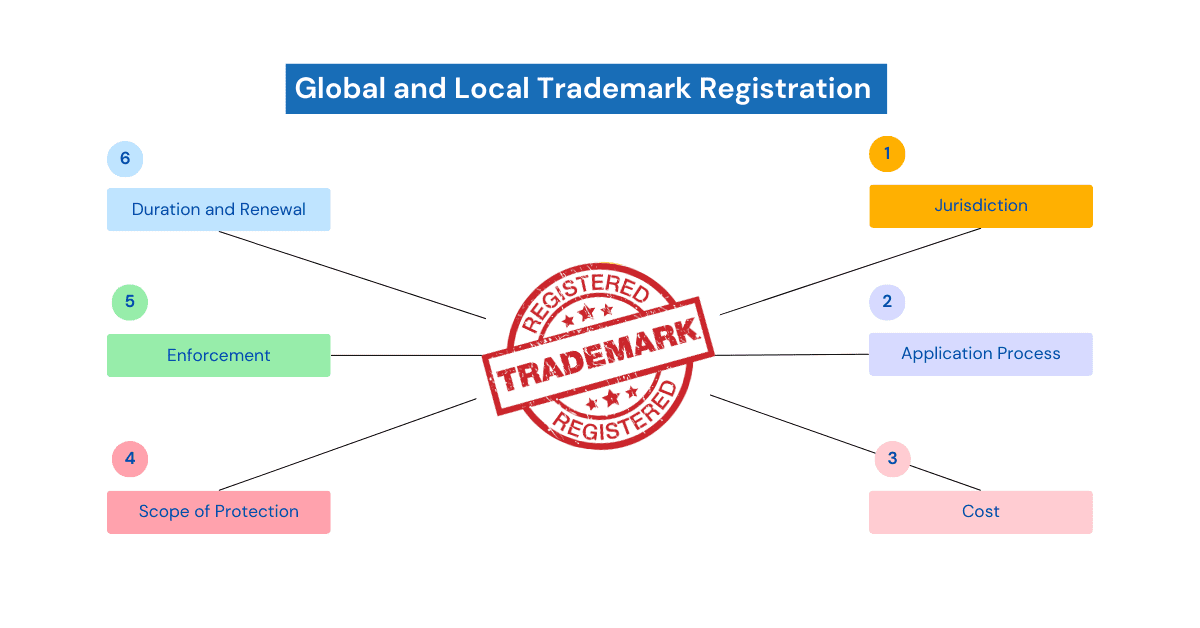
In the past decade, we have witnessed a surge of interest in how to manage startup companies. Popular methods have had a fundamental impact on new ventures across the world describing how to develop minimum viable products, how to find product-market fit, and how to pivot a business. However, the core reason why many startups fail is not because of problems in their business, it is rather because of problems in their teams. Among venture capitalists and across different surveys, venture capitalists attribute between 60-65% of failures to problems within the startup team. Yet, there is a noticeable lack of practical advice on how to successfully manage a startup team.
A startup team is broadly defined as two or more individuals who commit to each other to create a new firm. Startups come in many forms. Most are small-scale businesses that never intend to become more than a source of income for the founding team. Understanding what makes these teams come, work, and stay together is an important aspect of entrepreneurship.
1. They are Birds of Similar Feathers
Most startup teams are homogenous meaning that team members share similar attributes, skills, and characteristics. This is well established across different samples of startups. In a recent study, it was found that almost 30% of startup teams are composed of individuals who share the same occupational experiences.
It is also seen homophily being put to practice in several well-known startup teams. For example, Snapchat was founded by three young men all graduates of Stanford University. Facebook was formed among a group of roommates at Harvard University.
At first glance, such homogeneity might seem surprising. With their ambitions to innovate and explore new business opportunities, one might expect entrepreneurs to team up in heterogeneous teams to improve creativity.
However. homogeneity often makes the startup function more smoothly. In general, homogenous teams tend to perform better than heterogeneous ones. They are better at solving complex problems which makes them productive in managing different conflicts.
2. Their only Constant is Change
Managing a startup is about managing change. The process of a startup is very smooth, but the team needs to constantly revisit assumptions about their product and customer for granted. A study has found that almost half of startups change their initial business idea. For example, Youtube was first launched as a dating site but now is a video streaming platform for various users.
As the team develops and gets mature, it requires some new skills to have better performance. Some old members exit and the new members replace them to provide the output. However, even the ones who stay have different responsibilities, positions, and boundaries. In the beginning, some members might take on a wide range of tasks. But there comes a time when there is a need for role specialization where some members have to step back while others want to step up.
Startup teams deal more with change than stability. However, some startups are rigid and thus struggle to adapt to the roles and responsibilities. Therefore, it is important to incorporate change in work practices. To avoid falling apart in times of change, a startup needs to have necessary discussions rather than making number games where individuals fight for a larger pie.
3. Emotion is the Glue that Keeps them Together
Entrepreneurship requires persistence. Hence entrepreneurs who pursue their goals, believe in their abilities, and have a passion for the company have a high percentage to be successful. For example, FedEx was a company that was about to go bankrupt but survived merely due to the founder’s persistence.
However, entrepreneurs should also be persistent in terms of their teams. When the time gets tough, it’s easy to blame others for their failures. But for a team to work together members must persistently keep together.
Many issues strain commitment i.e. time and stress. Commitment is easier in the early phase of development but as you grow into another stage you see a lot of challenges like quarrels, low sales, product delay, higher demands from investors, stress, etc. It can be prevented by having strong managers who force persistence upon the team through different contracts and salaries for better performance and loyalty.
Conclusion
These are the three things one should know about startup teams. Knowing these things is important because it helps to understand how the startup team functions. This is important for entrepreneurs themselves who look to form the best team possible and to develop that team to its full potential. It’s equally important for external shareholders whether venture capitalists, potential alliance partners, or incubator coaches.
If an investor is about to spend time and money on such an uncertain endeavor as a startup, he or she ought to be able to identify the strengths and weaknesses of the team that is supposed to make it happen.






























































































































